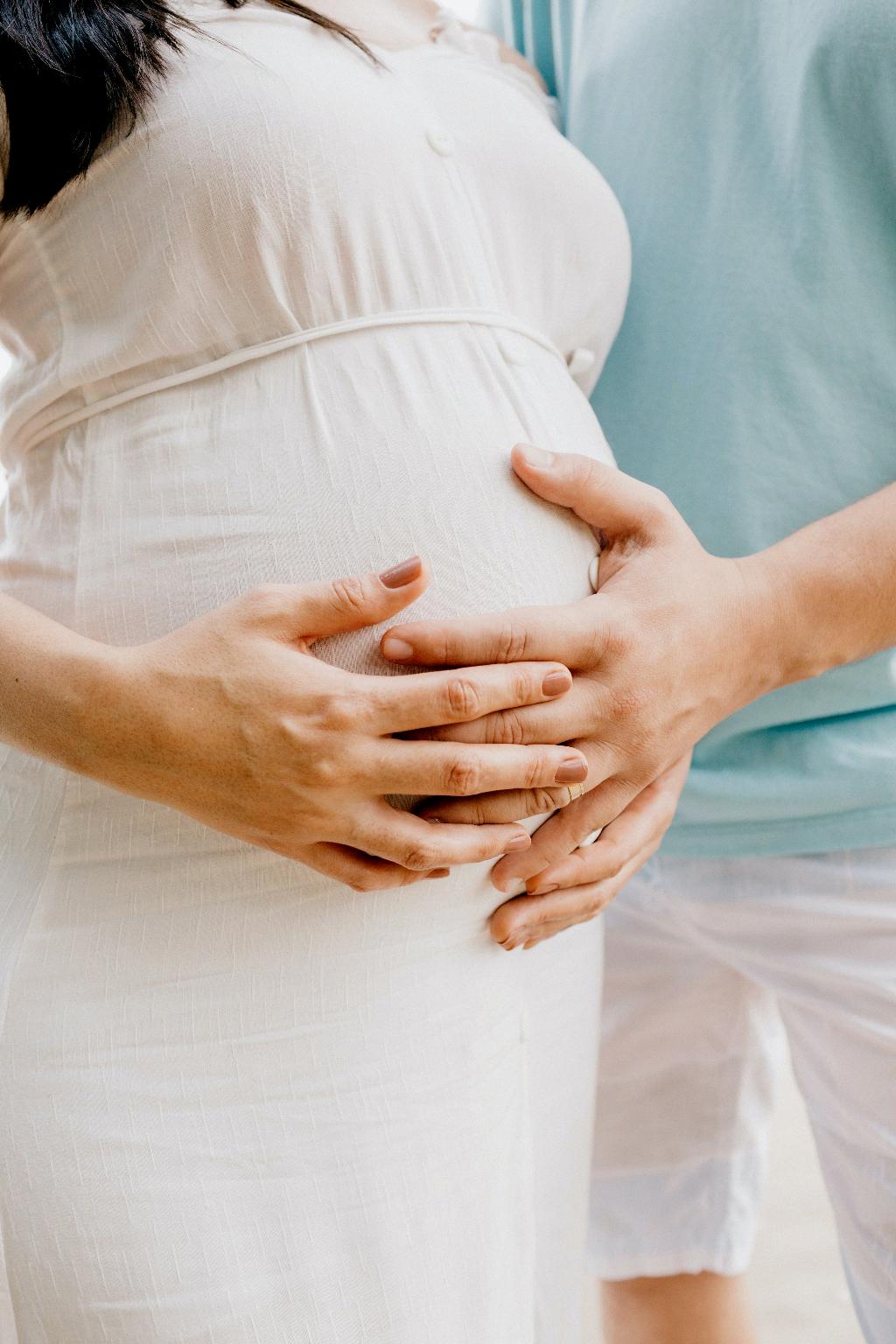Postpartum psoriasis flare-ups can be a challenging aspect of new motherhood for individuals dealing with the skin condition. The sudden onset or exacerbation of psoriasis symptoms after giving birth can often lead to confusion and frustration. While the exact reasons for this phenomenon may not be entirely clear, there are several factors that could contribute to the worsening of psoriasis in the postpartum period.
Immune System Changes During Pregnancy and Postpartum
One of the primary reasons for the worsening of psoriasis postpartum is the significant immune system changes that occur during and after pregnancy. During pregnancy, the body’s immune response is altered to accommodate the developing fetus and prevent rejection. This temporary suppression of the immune system can lead to an improvement in psoriasis symptoms. However, after delivery, the immune system rebounds to its pre-pregnancy state, which can trigger psoriasis flare-ups in some individuals.
Hormonal Fluctuations After Childbirth
Hormonal fluctuations play a crucial role in the development and exacerbation of psoriasis symptoms. After giving birth, there is a rapid drop in hormone levels, including estrogen and progesterone, which can impact the immune system and contribute to the inflammatory response seen in psoriasis. These hormonal changes can disrupt the delicate balance in the body, potentially leading to a psoriasis flare-up.
Stress and Lack of Sleep
The postpartum period is often characterized by increased stress levels and sleep deprivation due to the demands of caring for a newborn. Stress and lack of adequate sleep can trigger inflammation in the body, exacerbating psoriasis symptoms. The emotional and physical toll of new motherhood can further compromise the immune system, making individuals more susceptible to psoriasis flare-ups.
Dietary and Lifestyle Changes
Changes in diet and lifestyle habits postpartum can also impact psoriasis symptoms. Some new mothers may experience dietary changes or nutrient deficiencies during this period, which can affect immune function and skin health. Additionally, the lack of time for self-care and relaxation can contribute to increased stress levels, further worsening psoriasis.
Genetic Predisposition and Triggers
For individuals with a genetic predisposition to psoriasis, the postpartum period can act as a trigger for the condition to manifest or worsen. While genetics alone may not determine the severity of psoriasis flare-ups postpartum, they can interact with environmental factors and lifestyle choices to influence symptom development. Identifying and addressing these triggers is essential in managing postpartum psoriasis flare-ups.
Managing Postpartum Psoriasis
Coping with psoriasis flare-ups in the postpartum period requires a multifaceted approach that addresses the underlying factors contributing to symptom exacerbation. Consulting with a healthcare provider or dermatologist can help you develop a personalized treatment plan that includes medication, lifestyle modifications, stress management techniques, and skincare routines tailored to your needs. By addressing the root causes of postpartum psoriasis flare-ups, you can effectively manage the condition and improve your quality of life as a new parent.

